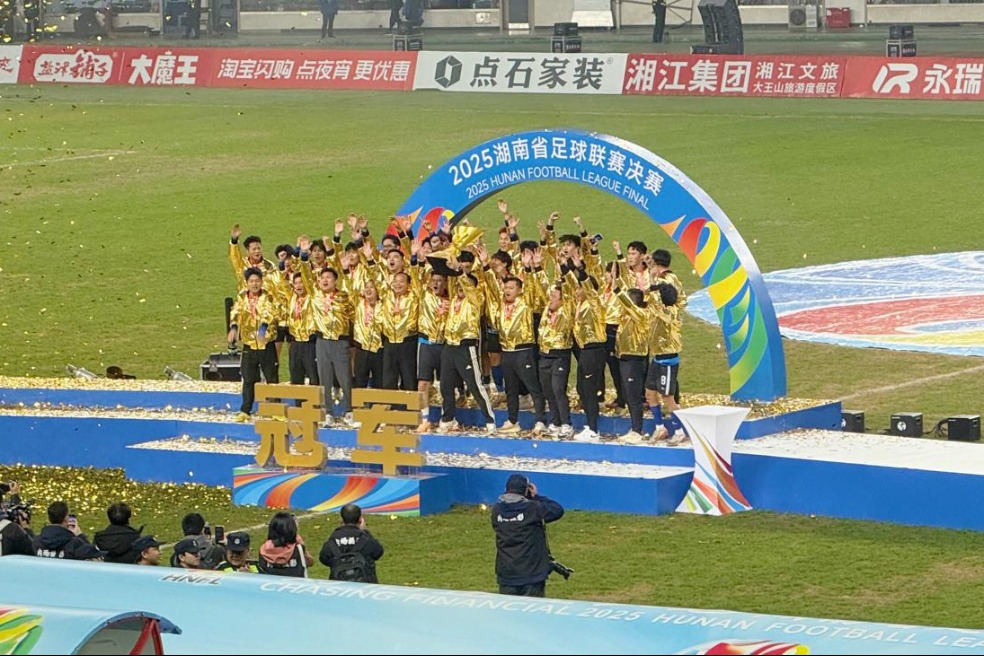Unions call for better protection of female jobseekers, employees
Employers warned against biased hiring and unfair treatment of women


Several provincial trade unions in China have called for fairer treatment of female jobseekers and employees to better protect women's labor rights, promote gender equality and foster more harmonious workplace relationships.
The Hunan Federation of Trade Unions recently issued an online reminder warning employers against posting job openings exclusively for men or giving male candidates priority in hiring.
The notice also stated that employers should not ask female jobseekers about their marital or childbearing status, investigate their family plans or require pregnancy tests as part of pre-employment health screenings. A woman's gender, marital status or fertility status should not be grounds for denying her a job, it said.
The reminder urged employers to sign labor contracts with female employees and clarify their rights, including maternity leave, within the agreements. It also emphasized the importance of adhering to the principle of "equal pay for equal work".
For women in flexible jobs or new forms of employment, including food delivery workers or ride-hailing drivers, the federation called for collective negotiations to clarify workload, pay and working hours.
The Hunan trade union group also reminded employers to provide necessary protective equipment for female workers, prioritize their physical and mental health, and take steps to prevent workplace sexual harassment.
Other provincial trade unions, including those in Qinghai and Fujian, have made similar calls, urging employers to respect female workers, ensure fair pay and career advancement, and avoid imposing restrictions based on marriage or childbirth.
Public concern over workplace discrimination against women has grown in recent years as many women continue to face unfair treatment in the job market.
A recent report by recruitment portal Zhaopin found that 62.5 percent of surveyed female workers had been asked about their marital or fertility status during job interviews, up from 48.8 percent last year. In contrast, only 18.5 percent of surveyed male workers reported facing such questions. The findings were based on 3,788 responses collected through the platform.
"It's understandable that a company wants an employee who can work stably without interruptions from pregnancy or maternity leave, but it's unfair to us women," said Chang Wei, a 31-year-old jewelry designer in Beijing. "We can work just as good as men and should not be denied employment or promotion opportunities because of our gender."
Chang said she left her previous job in October 2023 after being reassigned to a less important position following the birth of her child.
"I then started my own jewelry workshop later that year, and now I have six staff members — two men and four women — who all do excellent work. A person's talent and ability should not be defined by gender."
Li Qiang, vice-president of Zhaopin, said more women are entering the job market with confidence but still face challenges related to childbirth and employment discrimination. He hopes more measures can be introduced to encourage men and women to share child-rearing responsibilities so that motherhood does not hinder women's career growth.
Many political advisers and national legislators also put forward proposals during the recently concluded annual two sessions to strengthen protections for working women.
Zhu Tonghui, a member of the National Committee of the Chinese People's Political Consultative Conference, told Henan Daily that she hopes the government will further refine laws and regulations to prevent gender discrimination in employment. She suggested clearer definitions and legal responsibilities related to gender discrimination, as well as improved complaint channels to help women protect their rights.
Zhu also proposed exploring mechanisms to alleviate employers' financial concerns about hiring female staff, such as providing financial subsidies, tax reductions or establishing a national birth-related fund to ease the financial burden on companies.
- Liaoning fire: Report urges legal action against restaurant operator and seven others
- Historical Han Dynasty slips go on display in Hohhot
- Shanghai unveils steps to build sci-tech innovation corridor in Yangtze River Delta
- Xiangchao concludes with Yongzhou claiming championship
- Answers
- CPC leadership meeting urges steadfast implementation of eight-point decision on improving conduct





































